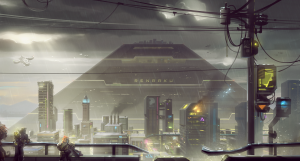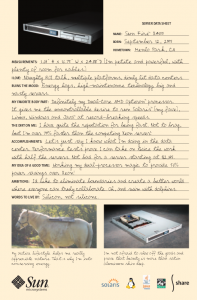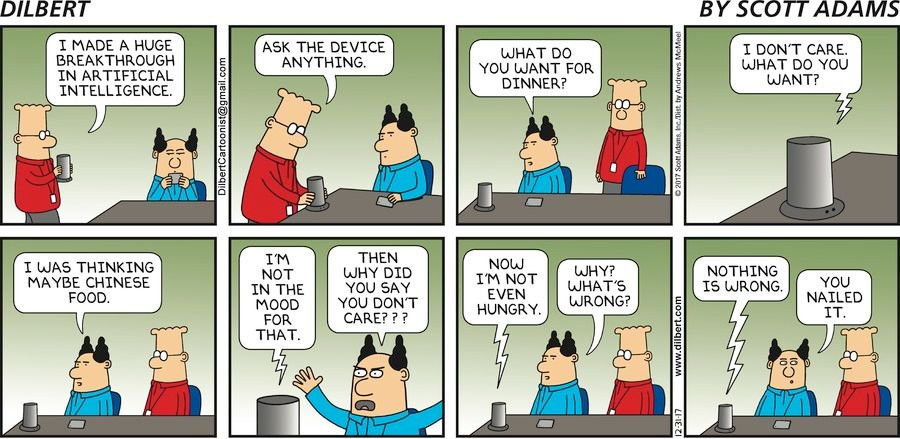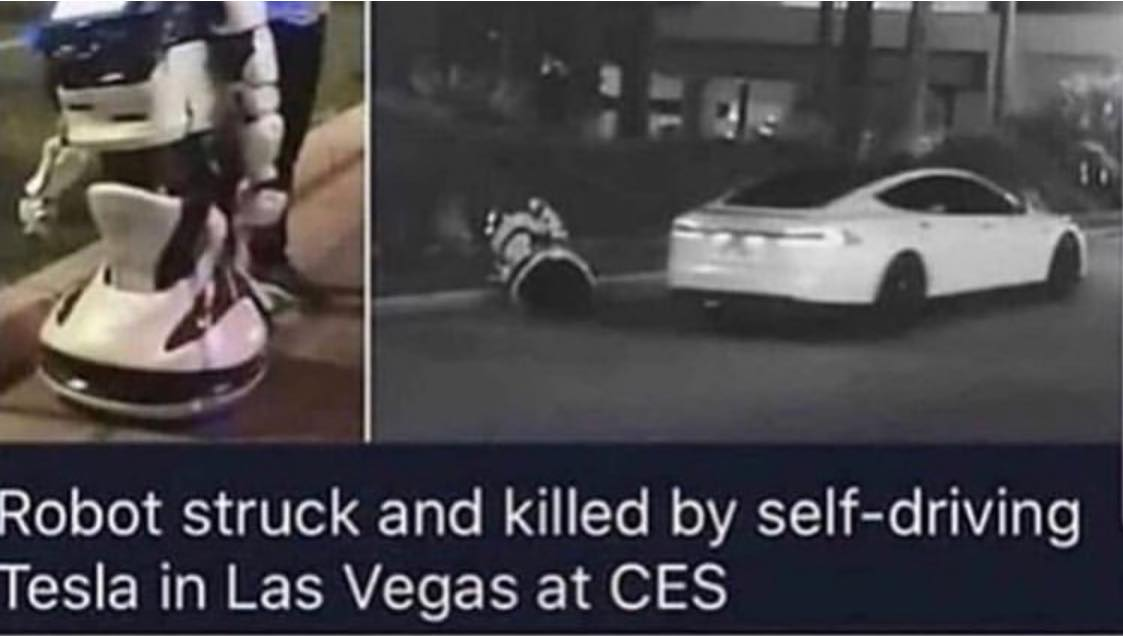erek
[H]F Junkie
- Joined
- Dec 19, 2005
- Messages
- 10,894
Yes, we do.
"Two Nobel laureates, Gerald Edelman and Francis Crick, both changed direction following their prize-winning careers. Edelman won the prize for his work on antibodies and the immune system, and Crick was the co-discoverer (with James Watson) of the structure of the DNA molecule. Both started research into consciousness as a second career. Edelman experimented with robots driven by novel competing artificial neural systems (Edelman, 1992), and Crick looked for the seat of consciousness in the brain (Crick, 1994). They didn’t agree on their respective approaches, but their work, well into retirement, produced interesting popular books and showed how fascinating the whole topic of consciousness is. Despite their mutual criticism, their general goal was the same: They both thought that the circular feedback paths in the brain somehow supported consciousness, and they were looking for structural mechanisms in the brain.
I have already argued that sentient agents, like robots, need not be conscious, but they must be self-aware. In any case, it is a reasonable scientific position to start with experiments with models of self, self-awareness, and awareness of others and see how far the results take autonomous agents. Then the requirement for, or the role of, consciousness, can be assessed by the lack of it. This is not a structural approach, based directly on brain science as with Edelman and Crick, but rather a functional approach: What do models of self offer? How do they work? What is gained by self-awareness? What is missing from the behavior of sentient robots that consciousness could address?"
https://www.engadget.com/hitting-the-books-how-to-grow-a-robot-mark-lee-150031360.html
"Two Nobel laureates, Gerald Edelman and Francis Crick, both changed direction following their prize-winning careers. Edelman won the prize for his work on antibodies and the immune system, and Crick was the co-discoverer (with James Watson) of the structure of the DNA molecule. Both started research into consciousness as a second career. Edelman experimented with robots driven by novel competing artificial neural systems (Edelman, 1992), and Crick looked for the seat of consciousness in the brain (Crick, 1994). They didn’t agree on their respective approaches, but their work, well into retirement, produced interesting popular books and showed how fascinating the whole topic of consciousness is. Despite their mutual criticism, their general goal was the same: They both thought that the circular feedback paths in the brain somehow supported consciousness, and they were looking for structural mechanisms in the brain.
I have already argued that sentient agents, like robots, need not be conscious, but they must be self-aware. In any case, it is a reasonable scientific position to start with experiments with models of self, self-awareness, and awareness of others and see how far the results take autonomous agents. Then the requirement for, or the role of, consciousness, can be assessed by the lack of it. This is not a structural approach, based directly on brain science as with Edelman and Crick, but rather a functional approach: What do models of self offer? How do they work? What is gained by self-awareness? What is missing from the behavior of sentient robots that consciousness could address?"
https://www.engadget.com/hitting-the-books-how-to-grow-a-robot-mark-lee-150031360.html
![[H]ard|Forum](/styles/hardforum/xenforo/logo_dark.png)











